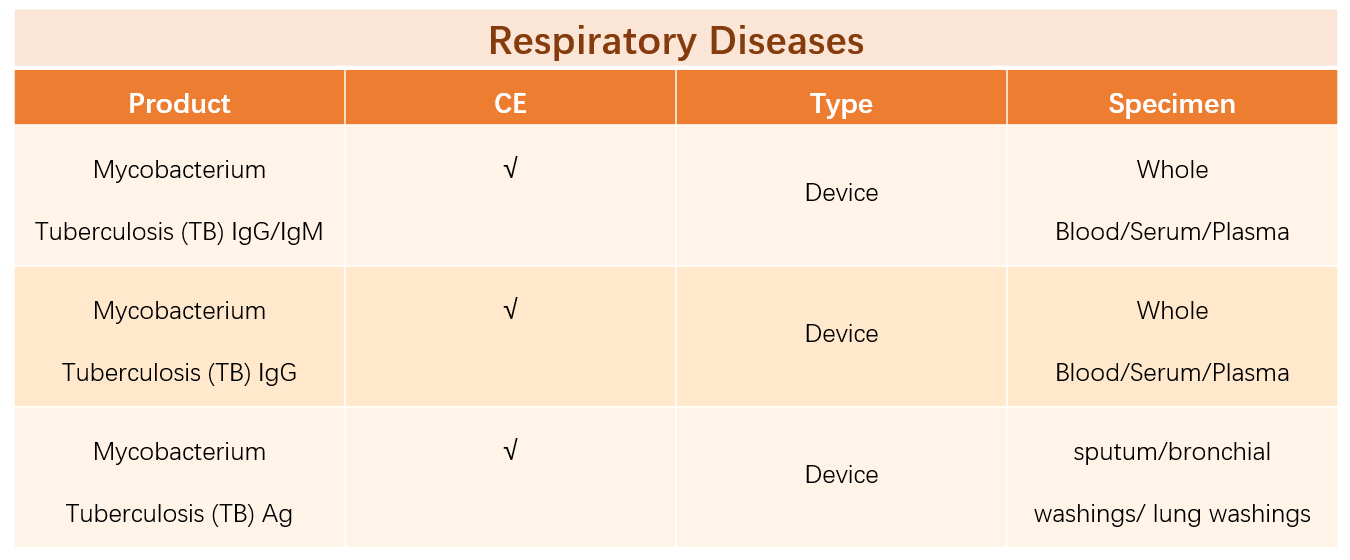Worldwide, World Tuberculosis Day is observed on March 24 each year to raise public awareness of tuberculosis (TB) and encourage the participation of the whole society in the prevention and control of TB. This year marks the 29th World TB Day, with the theme “Together towards Zero TB”, highlighting global cooperation and individual responsibility to bring an end to TB.
Tuberculosis is a chronic infectious disease caused by the bacterium Mycobacterium tuberculosis, which mainly affects the lungs but can also affect other parts of the body. Tuberculosis has long been a major global public health challenge. According to the World Health Organization (WHO), TB is the single most deadly infectious disease in the world, infecting millions of people and killing hundreds of thousands each year. In developing countries, TB is not only a health problem, but also an obstacle to socio-economic development.
This year’s TB Day has received a global response. Governments, non-governmental organizations, medical institutions and volunteer groups have taken action to promote the prevention and control of TB through various means, such as publicity and education, free screening and treatment, and vaccine research and development. In China, the National Health Commission, in collaboration with several departments, has launched a nationwide TB prevention and control publicity campaign, aiming to raise people’s awareness of self-protection through the popularization of TB prevention and control knowledge.

Picture source:World TB Day | TB | CDC
The prevention and control of TB requires not only the advancement of medical technology, but also the full participation of society. In recent years, with the development of anti-TB drugs and the application of new therapies, the success rate of TB treatment has improved significantly. However, TB control still faces many challenges due to its long incubation period, diverse transmission routes, and lack of medical resources in some areas.
In addition, the comorbidity of tuberculosis with chronic diseases such as AIDS and diabetes has also attracted increasing attention. These diseases interact with each other, aggravate the disease of patients, and also bring new difficulties to the prevention and control of tuberculosis. Therefore, cross-disease cooperation and comprehensive intervention strategies have become an important direction of current prevention and control work.
In the face of TB as a global problem, the international community has taken a series of actions. The goal of ending the TB epidemic by 2030, explicitly set out in the United Nations Sustainable Development Goals, is one of them. In order to achieve this goal, countries must strengthen cooperation, share information, optimize resource allocation, and improve prevention and control efficiency.
On the occasion of the 29th World TB Day, Mai Yue calls on the whole society to continue to pay attention to the problem of TB, actively participate in the prevention and control work, and work together to achieve the goal of “zero TB”. Only through a concerted global effort can we finally defeat this ancient disease and protect human health and well-being.
Bio-mapper product recommendations
MycobacteriumTuberculosis(TB) Uncut Sheet

MycobacteriumTuberculosis(TB) Rapid Test Kits











